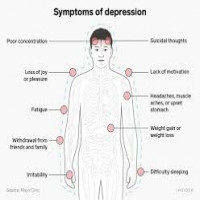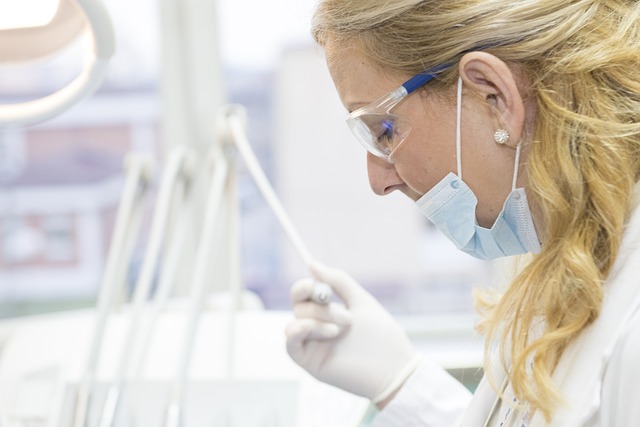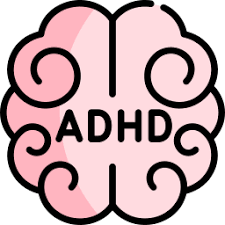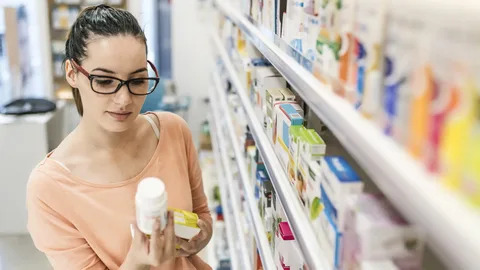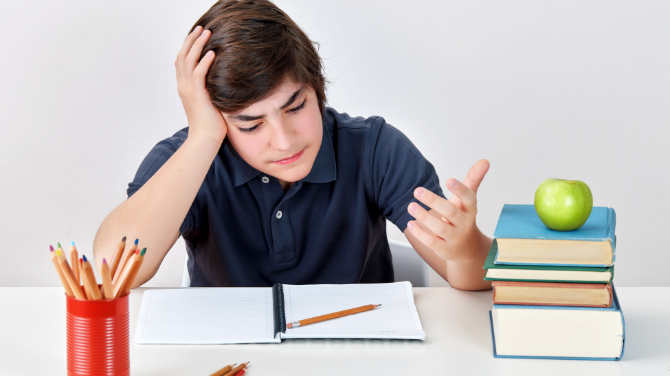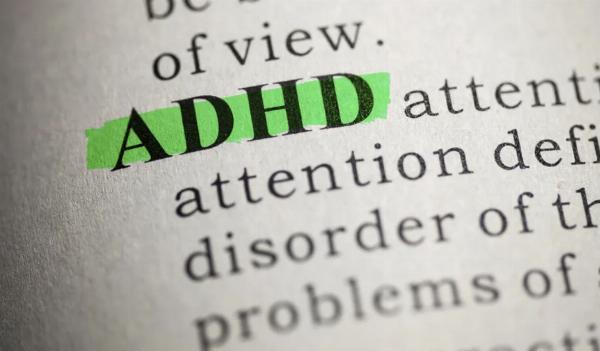How Does Caffeine Affect People With ADHD?
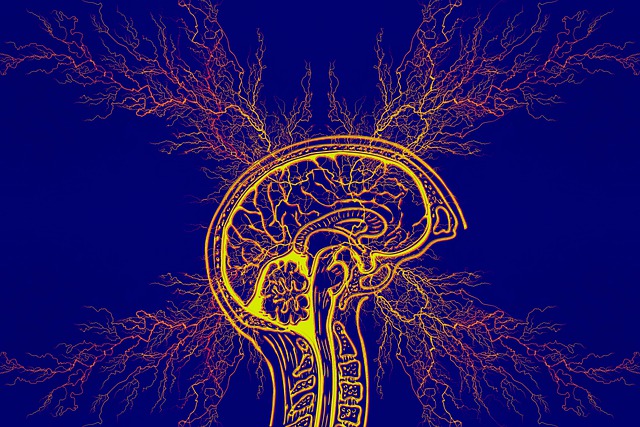
Strong 8k brings an ultra-HD IPTV experience to your living room and your pocket.
If you or someone you know has attention-deficit/hyperactivity disorder (ADHD), you may be wondering if there is a link between coffee and the illness. Caffeine is one of the most often utilized drugs in the world, and for good reason. While some people enjoy it only for its flavor, most people value its ability to help them feel awake and concentrated.
✍️ Parents of teenagers with ADHD often face new challenges. Our article on ADHD in teens explains behavioral changes, academic struggles, and therapy options during adolescence.
But since your brain's reward center, the dopamine system, is impacted by caffeine and ADHD medications, so if you have it, you might be more drawn to it.
Why Is Caffeine a Go-To for Some ADHDers?
Caffeine is a stimulant that acts on the central nervous system, increasing alertness, energy, and focus. In general, it works by blocking the brain receptors responsible for inducing sleepiness.
Instead, by activating these receptors, a chain of events takes place that ultimately produces more adrenaline, giving us an extra boost to our energy and sharpness. Caffeine increases the feel-good neurotransmitter dopamine levels in the brain, just as other drugs that are taken more recreationally.
Caffeine may help people with ADHD even though its effects are diminishing. For example, caffeine may make anxiety symptoms worse.We may find it more difficult to focus as a result of this.
Moreover, caffeine is a highly addictive drug, which means that tolerance to the drug may develop and greater dosages may be needed to produce the same benefits.
Excessive consumption of caffeine can also lead to insomnia, which exacerbates fatigue. Problems with concentration may be made worse by extreme weariness. Moreover, coffee may increase the production of the stress hormone cortisol. Elevated cortisol levels have been associated with cognitive difficulties. Indeed, there is a vicious loop.
Caffeine and ADHD: Does It Actually Work?
Certain studies suggest that caffeine can be utilized to treat ADHD symptoms. Particularly green tea has some health advantages. It is believed that the tea's amino acid, l-theanine, which reduces anxiety, also raises dopamine levels in the brain. Fifty percent of people with ADHD struggle with anxiety.
Even while standard stimulant drugs work better than caffeine in treating ADHD in youngsters, there are still more advantages to utilizing caffeine than not. Benefits include less explosiveness, enhanced executive function, and decreased hyperactivity.
Ironically, caffeine can even help kids with ADHD feel more at ease. Naturally, there isn't much data on children's long-term safety when using caffeine.
It might also depend on the drug; Adderall (dextroamphetamine-amphetamine) is not quite as dramatically effective as caffeine, but Ritalin (methylphenidate) seems to be significantly more successful than coffee.
Methylphenidate was superior to caffeine in lowering just hyperactivity among the three main characteristics of ADHD (attention, impulsivity, and hyperactivity). It was shown that amphetamines were superior to caffeine in lowering impulsivity and hyperactivity. When it comes to attention, caffeine and prescription drugs seem to be approximately equally effective.
It is thought that many individuals with ADHD look for medications that will release dopamine since they have problems with the dopamine system in their brains. Given that caffeine helps with inattention and satisfies dopamine shortages, it makes natural that people with ADHD would seek it out.
In those with ADHD, "using caffeine [can] often be an inadvertent or unintentional attempt at self-medication," according to Brit Barkholtz, MSW, LICSW. In fact, studies show that people with undiagnosed ADHD—including parents whose kids use ADHD medication—are more likely to turn to stimulants as a kind of self-medication.
Can You Take Both Caffeine and ADHD Medication?
With the exception of Strattera (atomoxetine), the majority of ADHD meds are stimulant drugs that quicken bodily and mental health processes; caffeine is likewise categorized as a stimulant substance. The effects of the two together may be amplified because these drugs function similarly in the body and brain.
Furthermore, people with ADHD are already more likely to experience drug use problems, and both caffeine and the prescription stimulants used to treat ADHD pose significant risks of addiction, particularly when used simultaneously. According to one study, the risk is three times higher than in people without ADHD. On the other hand, drug use disorders are less common in those who take medication for ADHD.
Combining stimulant ADHD medicine with caffeine carries some dangers. Among them are:
- irritability or jumpiness
- increased heart rate
- increased BP
- Lack of sleep
- Uncertainty
Benefits of Caffeine And Medication
According to a tiny study, when used with ADHD medicine at the appropriate dosage, coffee and medication may occasionally work synergistically to manage characteristics like impulsivity, inattentiveness, and hyperactivity. One may even require less stimulant medication in these circumstances than previously believed.
How Caffeine Affects People With ADHD Differently
Caffeine has similar effects on people with and without ADHD in various areas.
Where these approaches split, though, is in the way that caffeine impacts general functioning. In one study, kids with ADHD improved more when given caffeine than kids without ADHD. Additionally, children with ADHD appeared to be happier after consuming caffeine than children without ADHD.
There are stereotypes of both caffeine users and those with ADHD who bounce off the walls. However, Barkholtz suggests that if you have other characteristics associated with ADHD and discover that coffee helps you focus and become calmer rather than more energized, you might want to give it some more thought.
Note: IndiBlogHub features both user-submitted and editorial content. We do not verify third-party contributions. Read our Disclaimer and Privacy Policyfor details.

